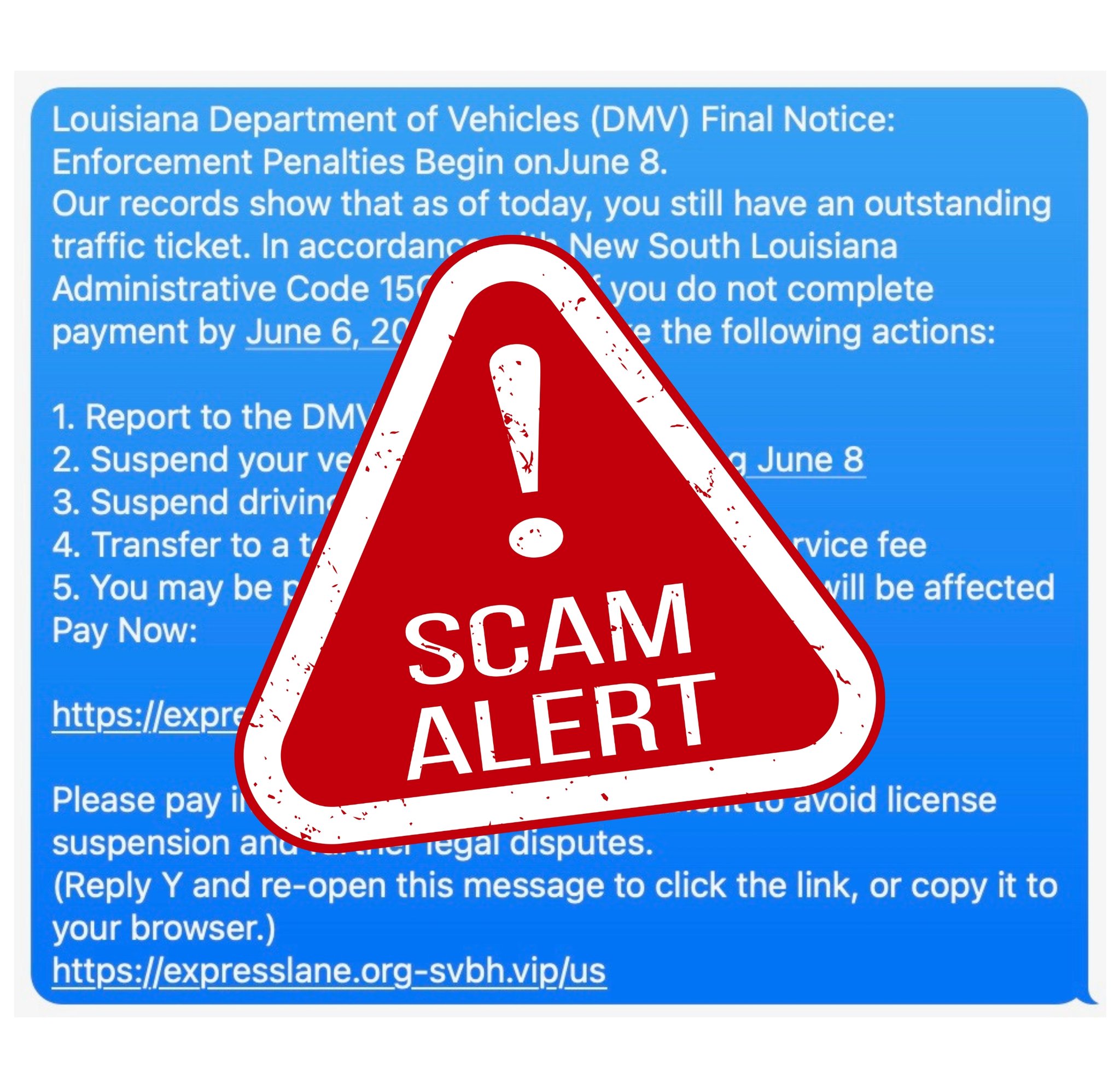Let’s consider decriminalizing marijuana
Published 8:35 am Friday, August 12, 2016
It is time Bogalusa decriminalized marijuana.
For the record, I think the state should reconsider most of its drug policies and decriminalize or legalize everything it can. Drug abuse — in particular, opioid addiction — is destroying families and lives and by now it’s plain to see prison doesn’t help recovery.
Decriminalization isn’t legalization. Even if it is decriminalized, you could still face a small fine for possession, depending on the discretion of the officer, though there’s usually no jail time.
This isn’t a liberal issue or a Democratic-versus-Republican issue, but an issue of smart policing and criminal justice. Mississippi, hardly a liberal state, decriminalized small amounts of marijuana in 1978. So far, 21 states and the District of Columbia have decriminalized the drug.
The reasons for decriminalization aren’t hard to understand. Quite a few people enjoy marijuana and generally nothing too terrible happens as a result, so locking someone up for using seems like a waste of time, money and jail space. Besides all that, there is a certain unfortunate irony in the fact that you might be arrested, jailed and have a criminal record for using something that, in another context, could be considered medicine.
New Orleans city councilwoman Susan Guidry made that point in March following that city council’s vote to decriminalize.
“Our hope with this is that fewer people will be brought to jail and fewer people will have their lives disrupted with this charge,” Guidry told the Times-Picayune.
The verb “disrupted” is no exaggeration.
The fact is, New Orleans’ city court, much like our own city court in Bogalusa, is overburdened with defendants who cannot pay hundreds of dollars in fines and court fees and who will end up spending days in jail as a consequence of their inability to pay. The Southern Poverty Law Center is currently suing the Bogalusa City Court, but we’re not unique. In 2015, the ACLU wrote a lengthy report on Louisiana city courts and determined most cities are operating what are basically “debtor’s prisons,” by locking up people because they can’t pay fines.
According to the report, “An advocate with the public defender in New Orleans Municipal Court reported that the practice of jailing people unable to pay fines or court costs was ‘so common you stop noticing it.’”
Part of the problem our city judges face is that they have very little leeway in terms of outcomes. With officer testimony and evidence come guilty verdicts. With guilty verdicts come fines and court costs. While judges ought to offer payment plans and leeway for indigent and poor defendants, the fact is that in a state and city where poverty is rampant, that leeway would extend to nearly everyone and courts depend on court costs to operate.
The solution, then, is to keep nonviolent low-level offenders out of court.
Consider this last example, also from the 2015 ACLU report:
“In Orleans Parish Gregory Nogess, recently hired for a new job, appeared with $60 towards the $200 he was scheduled to pay on his $400 dollar fine for marijuana possession. Because he hadn’t yet received his first paycheck, he didn’t have the full amount owed. Despite his promise to bring the additional $140 on payday, he was jailed. At a previous court appearance, he had been permitted to make a partial payment. This inconsistency landed Nogess in jail and nearly cost him his job.”
Our laws and drug policies ought to help our communities and our neighbors. As it stands, they’re not. It’s time we change them.
Jesse Wright is the managing editor for The Daily News. You can email him at jesse.wright@bogalusadailynews.com or call him at (985) 732-2565, ext. 301.





